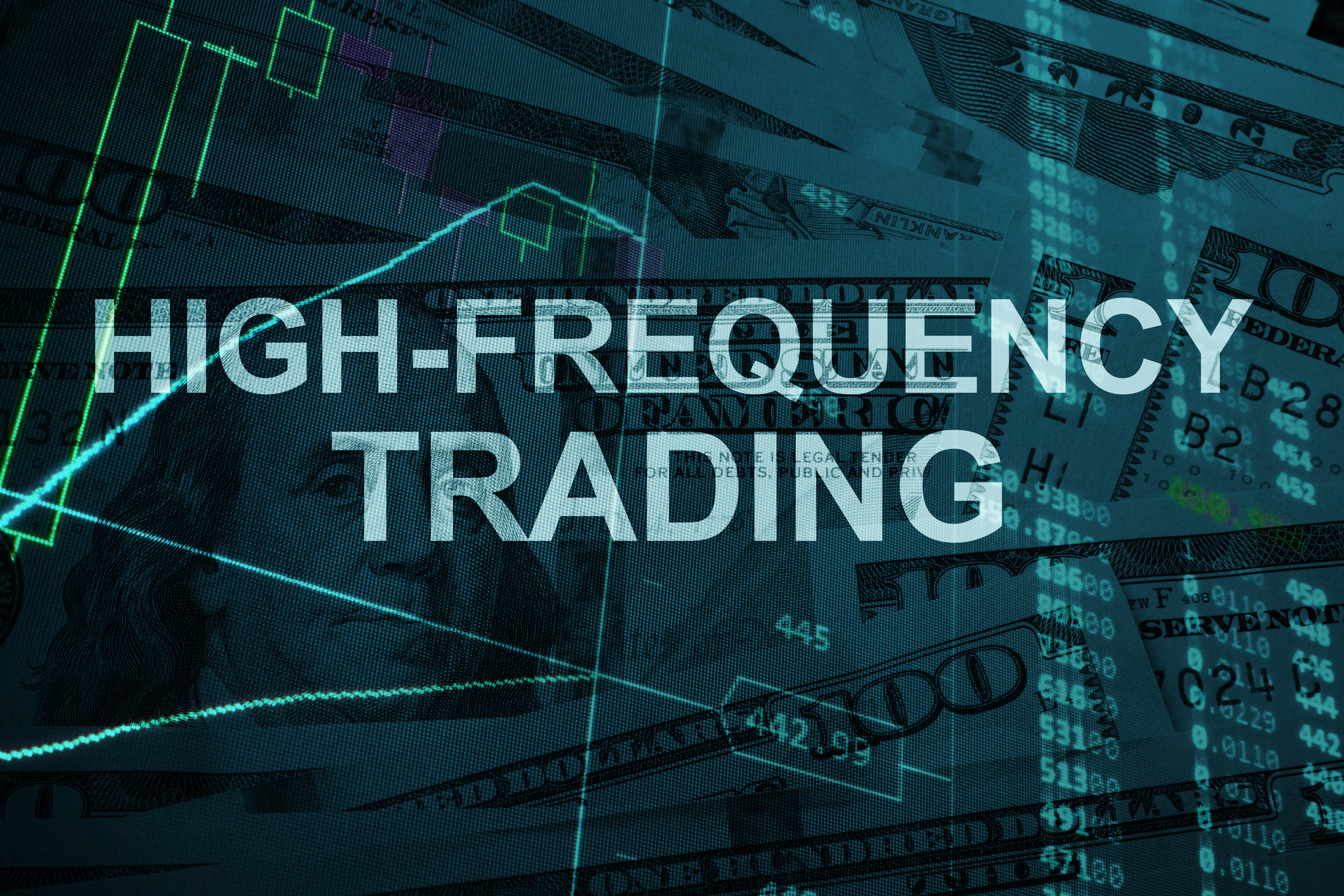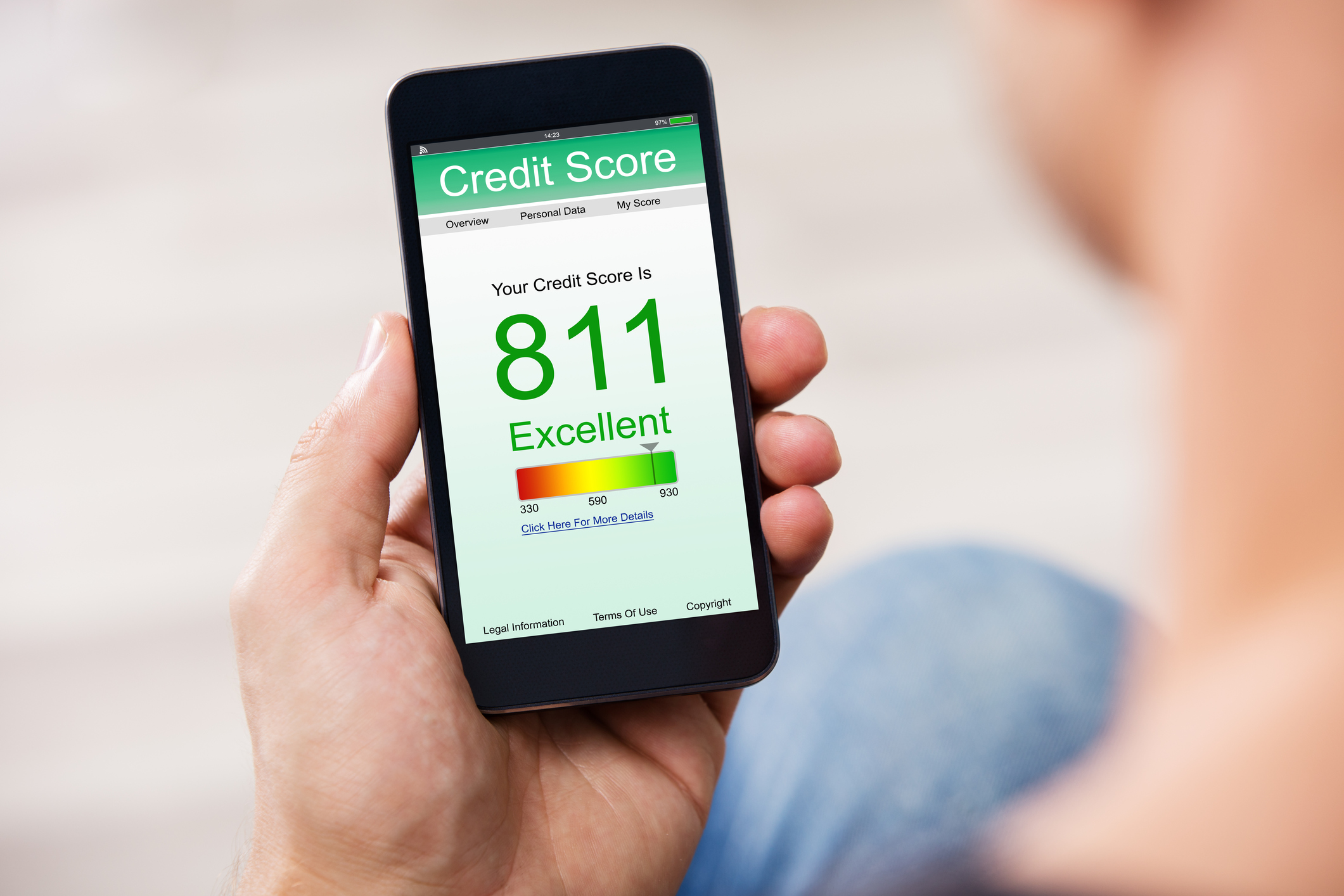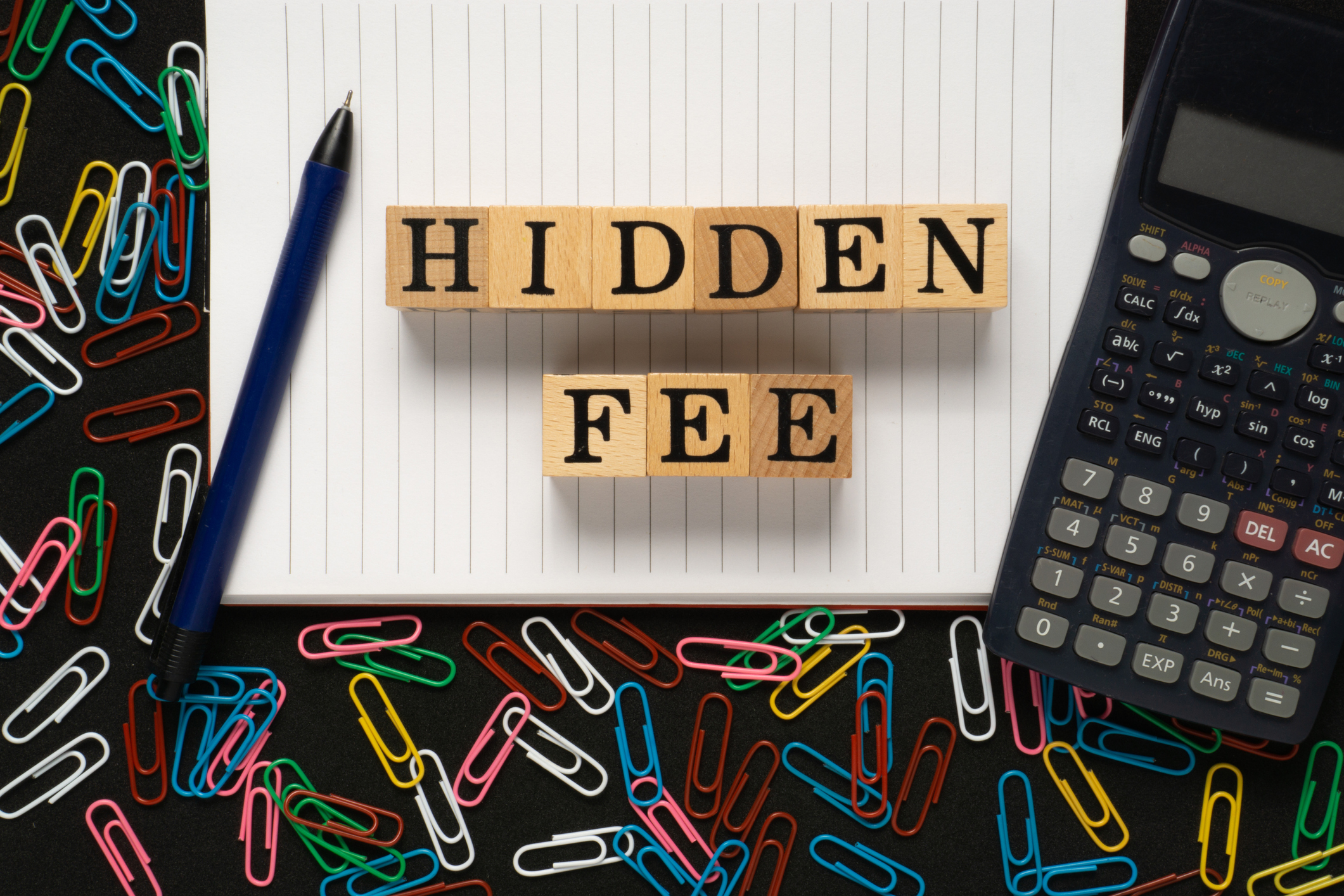What is the Howey Test?
The Howey Test has been a staple of American securities law since 1946. In the Supreme Court case of SEC v. Howey, the highest court established a simple check to determine whether any transaction should be seen as an investment contract.

How does the Howey Test work?
The Securities Act of 1933, also known as the "truth in securities law," set up rules for what information should be included in investment contracts. This law is still a cornerstone of investment regulations in the 2020s, but the original document has needed a few amendments over the years.
The Howey Test sprung from a 1946 Supreme Court case involving the sale of some citrus groves in Florida. The court noted that the Securities Act hadn't defined what counts as an investment contract, and that a patchwork of state laws eventually converged on a few common principles. Chief among them was the fact that money exchanged hands with the expectation of sharing in the profits of a business operation.
Here is the original definition, in the words of the Supreme Court of 1946:
"The test is whether the scheme involves an investment of money in a common enterprise with profits to come solely from the efforts of others."
That's the Howey Test. It breaks down into four criteria, and all four must be met to identify a proper investment contract:
- There is an investment of money.
- There is a "common enterprise," which points to several investors pooling their money in support of a shared project.
- The investors expect the shared project to make money somehow.
- All profit from this enterprise will come from another person or group of people managing the related business operations.
A contract that passes these four tests should be treated as a security with all the requirements of reporting, registration, and regulation this classification includes. The Securities and Exchange Commission (SEC) often relies on this test to establish its jurisdiction over various contract types.
The test is simple enough, but it's open to many interpretations and often inspires controversy when new investment types enter the economy. Classic examples include pyramid schemes, credit-swap contracts, limited liability corporations, and condominium communities.
Does the Howey Test apply to cryptocurrencies?
You might expect this decades-old legal test to spring up in the age of cryptocurrencies, too. That's a reasonable prediction, and the old Howey Test has indeed become a hot topic in crypto circles.
The SEC posted a framework for determining the "investment" status of cryptocurrency offerings in the spring of 2019. The commission suggested a certain interpretation of the Howey Test.
Cryptocurrency investments are made in real money, these projects look a lot like a "common enterprise," and investors expect to make money from the efforts of others. Ergo, cryptocurrencies should count as investment contracts, so you can't launch a digital coin or token on public markets without SEC approval and registration.
In other words, the SEC argued that most digital assets belong in the "investment" category.
Related investing topics
Howey Test example: SEC v. Ripple
The SEC didn't wait long to test its proposed legal framework in the courts.
The agency filed a lawsuit in December 2020, accusing the people and organizations behind the Ripple (XRP -1.56%) cryptocurrency of making millions from an unregistered offering of investment securities.
The suit was reviewed by the district court in the Southern District of New York over the next several years. The court mostly sided with the Ripple Labs group, finding that the XRP cryptocurrency had more in common with national currencies than with security contracts.
The ruling rested on the Howey Test, noting that XRP has a vital purpose in the RippleNet international payments system, with a purely functional role and no expectation of investment profits. But the judge's analysis might only apply to people using RippleNet and XRP for their intended purpose, while "sophisticated investors" still may treat the token as a profit-building security over time.
The lawsuit and its appeals are still under review as of January 2025. The final verdict could be of profound importance for long-term cryptocurrency investments in America and around the world. The legal rulebook is being written right now.



















